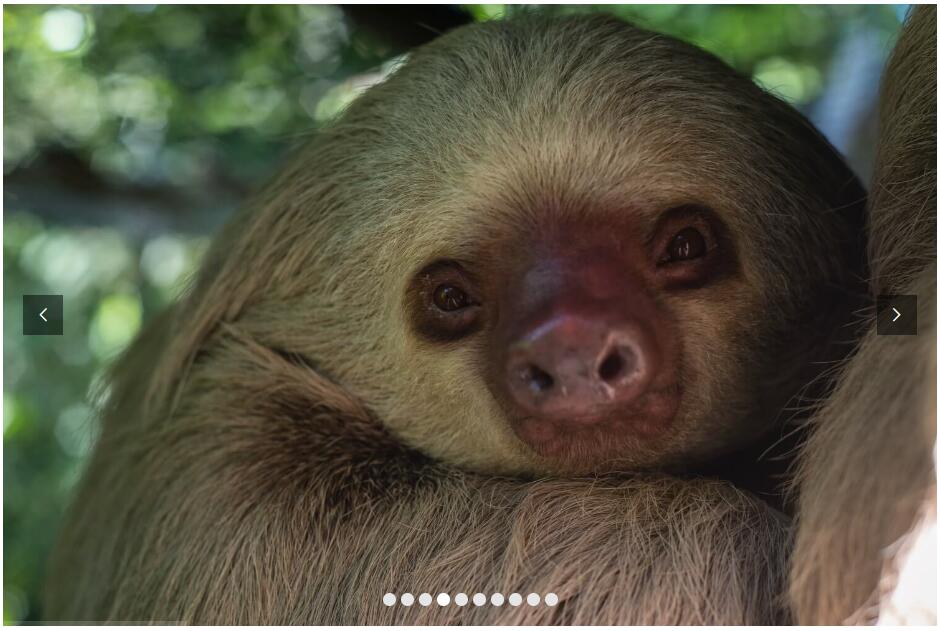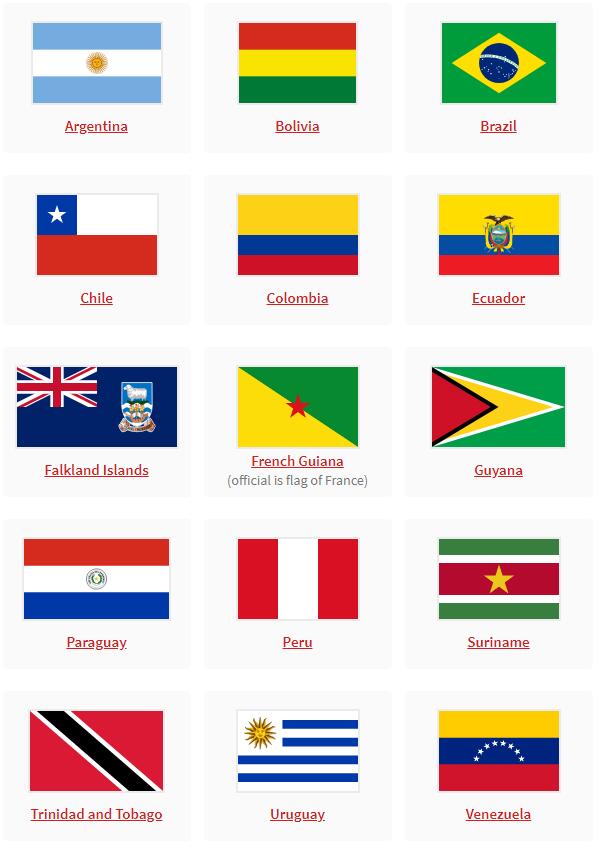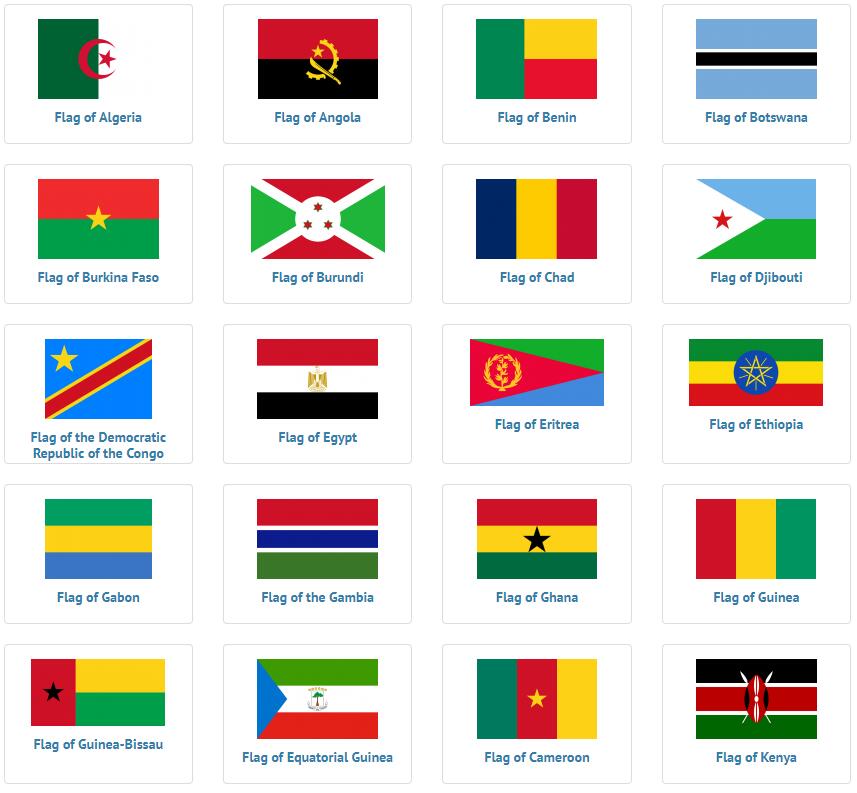Introduction to Abilene, Kansas Abilene, Kansas, located in the United States, is a city steeped in rich history and vibrant cultural heritage. Situated in Dickinson County, central Kansas, Abilene serves as the county seat and is a pivotal hub in the region. It has a population of approximately 6,200 residents and spans an area of about 4.68 square miles. The city is closely linked to the history of the Old…
Read MoreGeography of Saint Bernard Parish, Louisiana
Saint Bernard Parish, located in southeastern Louisiana, is a region rich in history, culture, and natural beauty. This comprehensive overview explores the parish’s population dynamics, climate patterns, prominent rivers and lakes, and other geographical features, offering insights into the region’s unique character and heritage. Population Saint Bernard Parish has an estimated population of approximately 44,000 residents as of the latest census data. It is one of the smaller parishes in…
Read MoreGeography of Harper County, Kansas
Geography of Harper County, Kansas Harper County, located in the south-central part of the state of Kansas, is characterized by its diverse geography, including rolling prairies, fertile valleys, and meandering rivers. The county’s landscape, influenced by its location in the Great Plains region and its proximity to the Arkansas River, plays a significant role in its climate, ecosystems, and human activities. Location and Borders Harper County is situated in south-central…
Read MoreTop Markets in China for Importers
China’s stature as the “world’s factory” is undisputed, with its extensive manufacturing capabilities and diverse range of products. For importers seeking to tap into China’s vast market, understanding the key trading hubs is essential. Among these, the Yiwu Market stands out as a significant destination. Yiwu Market: The Wholesale Paradise Yiwu, located in Zhejiang Province, is renowned globally as a wholesale hub, attracting buyers from around the world. According to…
Read MoreGeography of DeKalb County, Missouri
DeKalb County, located in northwest Missouri, is a region defined by its rolling hills, fertile plains, and network of rivers and lakes. From its agricultural landscapes to its outdoor recreational opportunities, DeKalb County offers residents and visitors alike a diverse array of natural beauty and cultural heritage. Geographical Overview: According to Iamhigher, DeKalb County is situated in the northwest corner of Missouri, bordered by the counties of Gentry, Clinton, Caldwell,…
Read MoreGeography of Lamoille County, Vermont
Geography of Lamoille County, Vermont Lamoille County, located in the north-central part of the state of Vermont, is a region characterized by its diverse geography, which includes rolling hills, verdant valleys, and winding rivers. Its landscape, shaped by geological processes and the forces of nature, offers a rich tapestry of natural beauty and recreational opportunities. Climate: According to Holidaysort, Lamoille County experiences a humid continental climate, typical of the northeastern…
Read MoreForestry of Albania
The forestry sector in Albania plays a crucial role in the country’s economy, environmental sustainability, and social development. With diverse forest ecosystems, rich biodiversity, and significant natural resources, Albania’s forests provide numerous benefits, including timber production, ecosystem services, carbon sequestration, biodiversity conservation, and recreational opportunities. Importance of Forestry in Albania: Economic Contribution: The forestry sector contributes to Albania’s economy through timber production, wood processing industries, and non-timber forest products. Timber…
Read MoreGeography of Faulk County, South Dakota
Geography of Faulk County, South Dakota Faulk County, situated in the northeastern part of South Dakota, is a region characterized by its vast prairies, agricultural landscapes, and small rural communities. Covering an area of approximately 1,007 square miles, Faulk County is bordered by Edmunds County to the north, Potter County to the east, Hand County to the south, and Hyde County to the west. Its geography includes gently rolling hills,…
Read MoreGeography of Douglas County, South Dakota
Douglas County, located in the southeastern part of the state of South Dakota, United States, is characterized by its diverse geography, agricultural landscapes, and significant waterways. From its rolling hills and fertile plains to its meandering rivers and lakes, Douglas County offers a variety of geographic features that shape its climate, waterways, and natural environment. Let’s explore the geography of Douglas County in detail. Check beautyphoon to learn more about the…
Read MoreGeography of Gregory County, South Dakota
Geography of Gregory County, South Dakota Gregory County, located in the southern part of South Dakota, is a region characterized by its diverse landscapes, natural beauty, and agricultural heritage. From the rolling plains of the Great Plains to the meandering Missouri River, Gregory County offers residents and visitors alike a unique blend of outdoor recreation, cultural attractions, and rural charm. Check travelationary to learn more about the state of South Dakota.…
Read MoreGeography of Corson County, South Dakota
Geography of Corson County, South Dakota Corson County, located in the north-central part of South Dakota, is a region characterized by its expansive prairies, rugged landscapes, and rich Native American heritage. Spanning approximately 2,486 square miles, it is one of the largest counties in the state by land area. The county is known for its wide-open spaces, scenic vistas, and diverse wildlife, making it a haven for outdoor enthusiasts, hunters,…
Read MoreGeography of Butler County, Missouri
Butler County, situated in southeastern Missouri, is a region characterized by its diverse geography, natural beauty, and cultural heritage. Understanding the geography, climate, rivers, lakes, and other features of Butler County provides insight into the unique environmental characteristics that define this area. Geography: Butler County encompasses an area of approximately 699 square miles, making it one of the larger counties in Missouri. The county is situated in the Ozark Plateau…
Read MoreJordan
Jordan, a country in the Middle East, is renowned for its historical significance, diverse landscapes, and strategic geopolitical position. From the ancient city of Petra to the shores of the Dead Sea, Jordan is a land where history, culture, and natural wonders converge. In this comprehensive description, we will explore the geography, history, culture, economy, and contemporary features that define Jordan. Geography: According to paulfootwear, Jordan is located in the…
Read MoreGeography of Tolland County, Connecticut
Tolland County, situated in the northeastern part of Connecticut, is characterized by its diverse geography, ranging from rolling hills and river valleys to forests and lakes. This county, part of the greater New England region, experiences distinct seasons, fostering a climate suitable for various outdoor activities. The landscape and climate of Tolland County contribute to its charm and provide residents and visitors with opportunities for recreation, agriculture, and natural exploration.…
Read MoreGeography of Abbeville County, South Carolina
Abbeville County, located in the western part of South Carolina, offers a rich tapestry of natural beauty, historical significance, and cultural heritage. In this comprehensive overview, we’ll delve into the geography, climate, rivers, lakes, and other notable features of Abbeville County. Geography: According to localtimezone, Abbeville County spans an area of approximately 511 square miles, making it one of the smaller counties in South Carolina by land area. It is…
Read MoreAustralia Foreign Policy
According to Whicheverhealth, Australia’s foreign policy is shaped by its geographic location, historical alliances, economic interests, and a commitment to values such as democracy, human rights, and the rule of law. As a significant player in the Asia-Pacific region, Australia has been proactive in engaging with the international community to advance its interests and contribute to global stability. This comprehensive overview explores the key pillars and principles that underpin Australia’s…
Read MoreIntroduction to Partial Test Ban Treaty (PTBT)
According to abbreviationfinder, the Partial Test Ban Treaty (PTBT) is a landmark international agreement that was signed on August 5, 1963. It was signed by the United States, the United Kingdom, and the Soviet Union. The main purpose of the treaty was to ban all nuclear testing in the atmosphere, outer space, and under water. This treaty marked a major shift in Cold War relations between these three major powers.…
Read MoreOceania Definition and Geography
Oceania is the name for the island world of the Pacific north and east of Australia. The more than 7,500 islands together cover a land area of almost 1.3 million square kilometers (which is roughly three and a half times the area of Germany) and extend over a sea area of around 70 million square kilometers. Around 2100 of the islands are inhabited. 16.5 million people live there. Together with…
Read MoreCentral America Travel Destinations
BELIZE Belize, a little less well known than its neighbors Mexico and Guatemala, is a tropical paradise for travelers. Caribbean dream beaches, deep insights into the Mayan culture and fascinating diving areas await you on your Belize tour. Nature lovers get their money’s worth in the forests, which cover 70% of the country’s area. Here travelers will find over 250 species of mammals and reptiles. If you want to dive…
Read MoreNorth America Language
In the United States and Canada, English is dominant, while Spanish is the main language in Mexico and parts of the Caribbean. Just over 18% of the population in the United States have a mother tongue other than English, especially Spanish (2000). In Canada, where about 25% are French-speaking, approximately 1/3 of the residents languages other than English as their mother tongue. Large parts of Mexico’s population speak Native American…
Read MoreEuropean Parliament
The European Parliament is one of the EU’s legislative institutions. Parliament is located in both Strasbourg and Brussels. Since 1979, direct elections to Parliament have been held. The European Parliament is thus an important part of the EU’s democratic legitimacy, and has three overarching competences. The legislative. However, how much Parliament can actually decide as a legislator depends on the decision – making process, but Parliament’s competence has grown significantly…
Read MoreTransportation in South America
Venezuela Venezuela has an exceptionally well-developed road network and is Latin America’s most impermeable country, largely due to the long, extremely low gasoline price. Paved roads, mainly Pan-American Highway, connect Venezuela with the rest of South America via Colombia. Rough terrain in the east combined with a border conflict means that there are no land links with Guyana. The rail network is almost non-existent and there is no train traffic…
Read MoreFlags of Europe
Albania The flag is from 1913, the year after the country’s declaration of independence. The double eagle as a symbol of power in both the east and the west was the former Byzantine Empire’s coat of arms and dates back to the 1460’s and the freedom hero Skanderbeg, who used the symbol. From 1945–92 there was also a Soviet star (in yellow outlines) on the flag cloth above the double…
Read MoreAfrican Flags
Congo (Brazzaville) The flag was introduced in 1992 when it replaced the Soviet-inspired flag from 1970. The color green-yellow-red is the traditional Pan-African. Kenya The flag was established in 1963. The design is based on a 1952 flag introduced for the independence movement. In the color symbol, black stands for the people, red for its blood, green for the country. The emblem of shield and spear wants to recall the…
Read More






